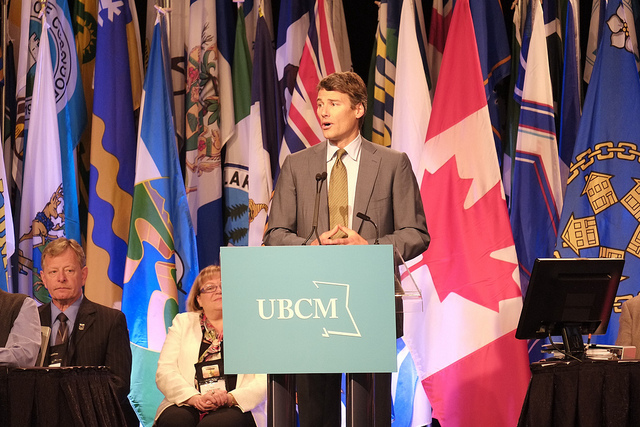The B.C. government has announced changes to the way local government elections will be run. One of the changes will be that when local government voters go to the polls in November they will be electing people to represent them to a four-year term rather than the current three-year term.
I am in a minority in having some questions about this decision. Just how small a minority am I in? Well, it turns out that when B.C. makes the change, all 10 Canadian provinces will have moved to a four-year cycle. And here in B.C., the Union of BC Municipalities (UBCM) says they are “pleased to see that the province’s legislation reflected UBCM’s policy on terms, and that another element of elections reform was moving ahead.”
I do understand the argument that longer terms give a longer planning horizon for major projects. This was why large municipalities in particular were pushing for the change. Many people from smaller local governments are less supportive of the change. These are people who basically get paid next to nothing and still work 40 hours a week for their communities. For many of them asking for a four-year commitment might be too much. The Vancouver Sun quoted Village of Lytton three term Mayor Jessoa Lightfoot as saying about the four-year term:
“It was kind of iffy before, but that puts it down to more of a negative,” and “There are other things to do in life other than struggle with a too-small budget; there’s more frustration than there are rewards at times.”
That might explain why the four-year term motion regularly failed at UBCM conventions before finally passing last year.
I liked what Saskatchewan used to have in their legislation where large communities had a four-year term and smaller communities had a shorter one. Here in B.C. only 20 of 160 municipalities have populations above 50,000. More than 100 have populations of less than 10,000. More than 40 have populations of less than 2,000. Would it have been too complicated to permit smaller communities to have shorter terms, or to have at least let them have a local option?
Even larger communities that might be dealing with major projects rarely see a wholesale turnover of mayor and councillors at election time. And if there was a wholesale turnover, just possibly it might suggest the community thought they were doing something wrong with that major project.
I particularly dislike the argument that that we should have fewer elections because “voter fatigue” is driving down voter turnout. There are problems with voter turnout, but concluding fewer elections improves democracy could be something of a slippery slope.
There are other issues with local government elections. One of them is campaign financing. Does anyone have comments on that?
Photo: BC Gov Photos/flickr



